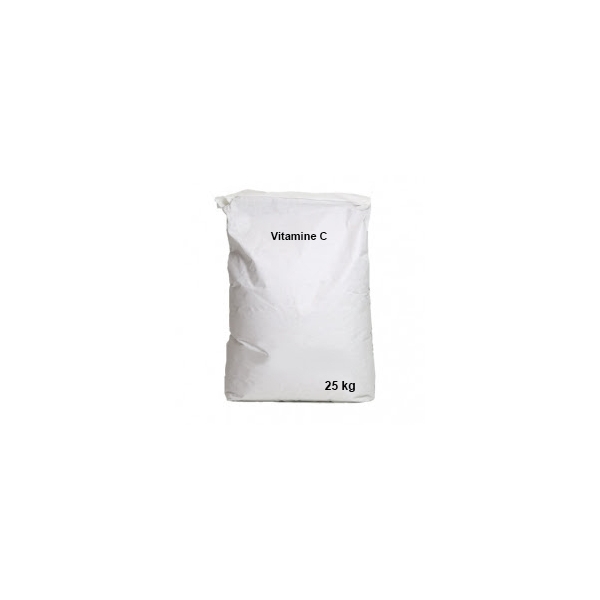Vitamin C is sensitive to heat and light, and a portion of its content can be lost during food cooking. Therefore, it is recommended to consume foods rich in vitamin C in a varied manner and preferably raw or lightly cooked.
Biological Functions:
- Antioxidant: Vitamin C acts as a powerful antioxidant, helping to protect cells from damage caused by free radicals.
- Collagen: It is necessary for the formation of collagen, an essential protein for the health of the skin, bones, cartilage, and blood vessels.
- Immune System: Vitamin C plays a role in strengthening the immune system by promoting the production and activity of immune cells.
- Iron Absorption: It improves the absorption of non-heme iron of plant origin in the intestine.
- Food Sources: Vitamin C is naturally found in many foods, such as citrus fruits (oranges, lemons, grapefruits), strawberries, kiwis, bell peppers, broccoli, spinach, tomatoes, and other fruits and vegetables.
- Daily Requirement: The need for vitamin C varies depending on age, gender, health status, and other factors.
- Vitamin C Deficiency: An insufficient intake of vitamin C can lead to scurvy, a disease characterized by fatigue, joint pain, bleeding gums, and muscle weakness.
- Supplements: Some individuals may take vitamin C supplements, especially when their dietary intake is inadequate.


